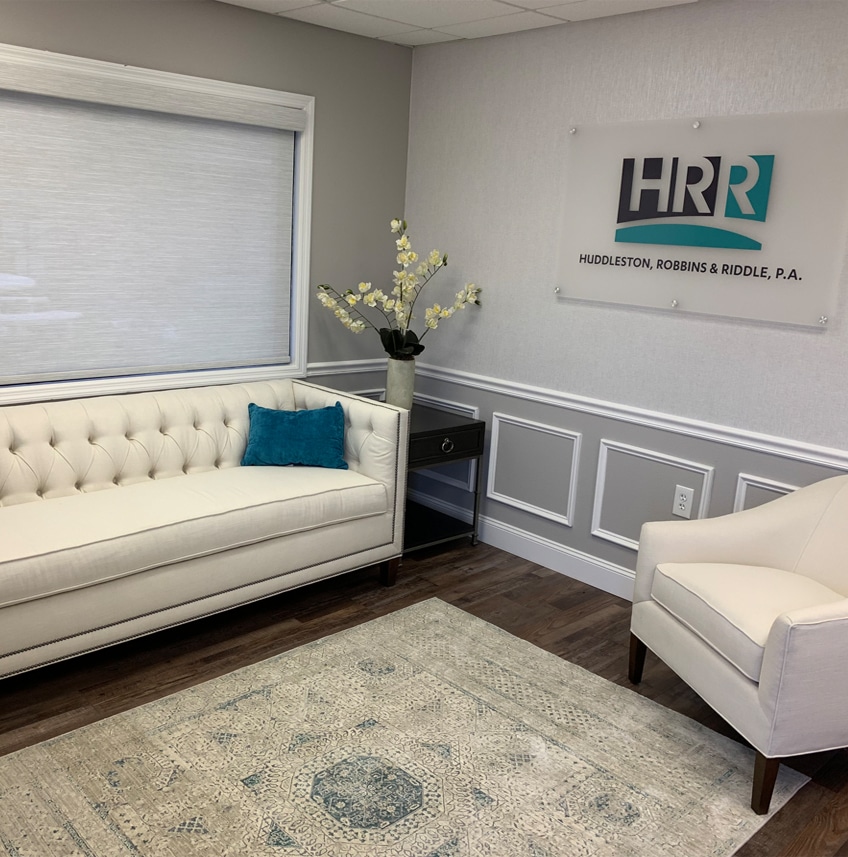Disability Insurance Cases: Can You Collect SSDI Benefits and Private Disability Benefits at the Same Time?

Category: Disability Law , Social Security
- 20 Feb 2022
- Posted By WebSiteAdmin
Are you prevented from due to a serious injury, a chronic illness, or any other type of serious medical impairment? If so, you need financial benefits to support yourself and your family. You may be entitled to seek disability benefits through a private disability insurance policy, Social Security Disability Insurance (SSDI), or a combination of both.
You may be wondering: Can I collect disability benefits from a private insurer and Social Security at the same time? The answer is ‘yes’—though there are some complicating factors, and “offsets” will frequently apply. In this article, our Melbourne, FL disability attorney explains the most important things to know about concurrent private disability benefits and SSDI benefits.
What is the Difference Between Private Disability Insurance and Social Security Disability?
Private disability insurance coverage is a type of coverage obtained from a private insurance company. Most people who have this type of disability insurance get it from their own employer or from their spouse’s employer. An employer-sponsored private disability plan falls under the Employee Retirement Income Security Act (ERISA). However, not all private disability plans are ERISA plans. Some people have private disability coverage from the individual market.
Social Security Disability Insurance (SSDI) is a federally-backed disability insurance program funded through the payroll tax (Federal Insurance Contributions Act (FICA)). Not everyone is covered by SSDI. You must have a long enough work history based on your age to qualify as “insured” through SSDI. Social Security also oversees an alternative federal disability program called Supplemental Security Income (SSI). SSI has no work history requirement. It is purely needs-based.
Standards are Not the Same: It May be Easier (and Faster) to Qualify for Private Disability
In order to qualify for Social Security Disability Insurance (SSDI) benefits, an applicant must satisfy all technical eligibility standards and prove that they have a qualifying disability. Social Security disability claims can be complicated. It is useful to have an attorney by your side. As a general matter, this means that an SSDI applicant must establish the following four things:
- They have a medically-determinable disability for the purposes of SSDI;
- They can no longer work in their previous occupation;
- They cannot reasonably be expected to adjust to new work; and
- They are expected to remain disabled for at least one year.
Further, when a person does qualify for SSDI benefits, they have to wait at least five months before they can receive their first Social Security disability payment. While every private disability policy is different, they are often less strict. It may be easier to prove disability status for a privately-backed disability insurance plan and there is generally no five-month waiting period to get benefits.
Many Private Disability Insurance Policies Require Beneficiaries to Apply for SSDI
If you were approved for disability benefits through an employer-backed ERISA disability plan or another type of private disability plan, you may still need to apply for SSDI benefits. In fact, many private disability insurance plans require a beneficiary to apply for Social Security disability benefits—at least after a certain amount of time has passed.
Failure to comply with the terms of your disability insurance policy could result in a reduction of your benefits. It is crucial that you understand your duty to apply for SSDI if that requirement is in your plan. If your SSDI claim is approved, that will generally result in a full or partial offset of your private disability benefits.
Disability Insurance Cases: Understanding SSDI Offsets
As defined by the International Risk Management Institute (IRMI), an insurance offset is a “reduction of the amount owed by one party to a second party by crediting the first party with amounts owed by the second party.” In other words, in the context of disability law, an offset allows a private insurance company to get a “credit” for the amount paid out by SSDI.
As an example, imagine that you receive $2,000 in monthly disability benefits from a private insurance company. After five months, you are required to apply for SSDI benefits. Your Social Security disability claim is subsequently approved. You begin receiving $1,000 in monthly SSDI benefits. Your insurance company may take an “offset” and reduce your benefits to $1,000.
In this scenario, the applicant would still receive $2,000—but $1,000 would be paid by the insurer and $1,000 would be paid by Social Security Disability Insurance. Offsets are designed to shift some of the burden from insurers to Social Security.
Disability Insurance Case Tip: If you want to find out about the “offset” language in your disability insurance policy, please refer to your Summary Plan Description. If you have any specific questions about your rights or your obligations, contact a Florida disability lawyer for help.
An Attorney With Experience Handling Disability Insurance Cases Can Help
Whether you are applying for benefits through a private disability insurer or through Social Security disability, it is crucial that you are able to access the maximum available financial support. The claims process can be complicated—especially when you must file for multiple types of disability benefits.
A lawyer can help you navigate the claims process and ensure that you are able to get the maximum monthly disability compensation. You cannot always rely on insurers or the SSA to look out for your best interests. No matter the circumstances you are dealing with, the top-rated Florida disability lawyers at Huddleston, Robbins & Riddle have the skills and expertise to protect your rights.
Call Our Central Florida Disability Lawyers for a Free, Confidential Consultation
At Huddleston, Robbins & Riddle, P. A., our. Florida disability insurance attorneys are aggressive, passionate advocates for people and families. If you have any questions about applying for private disability benefits and Social Security disability benefits, we can help. Give us a call or contact our law firm online to arrange your free, no obligation initial consultation. With offices in Melbourne and Orlando, we provide disability insurance representation throughout all of Central Florida.








